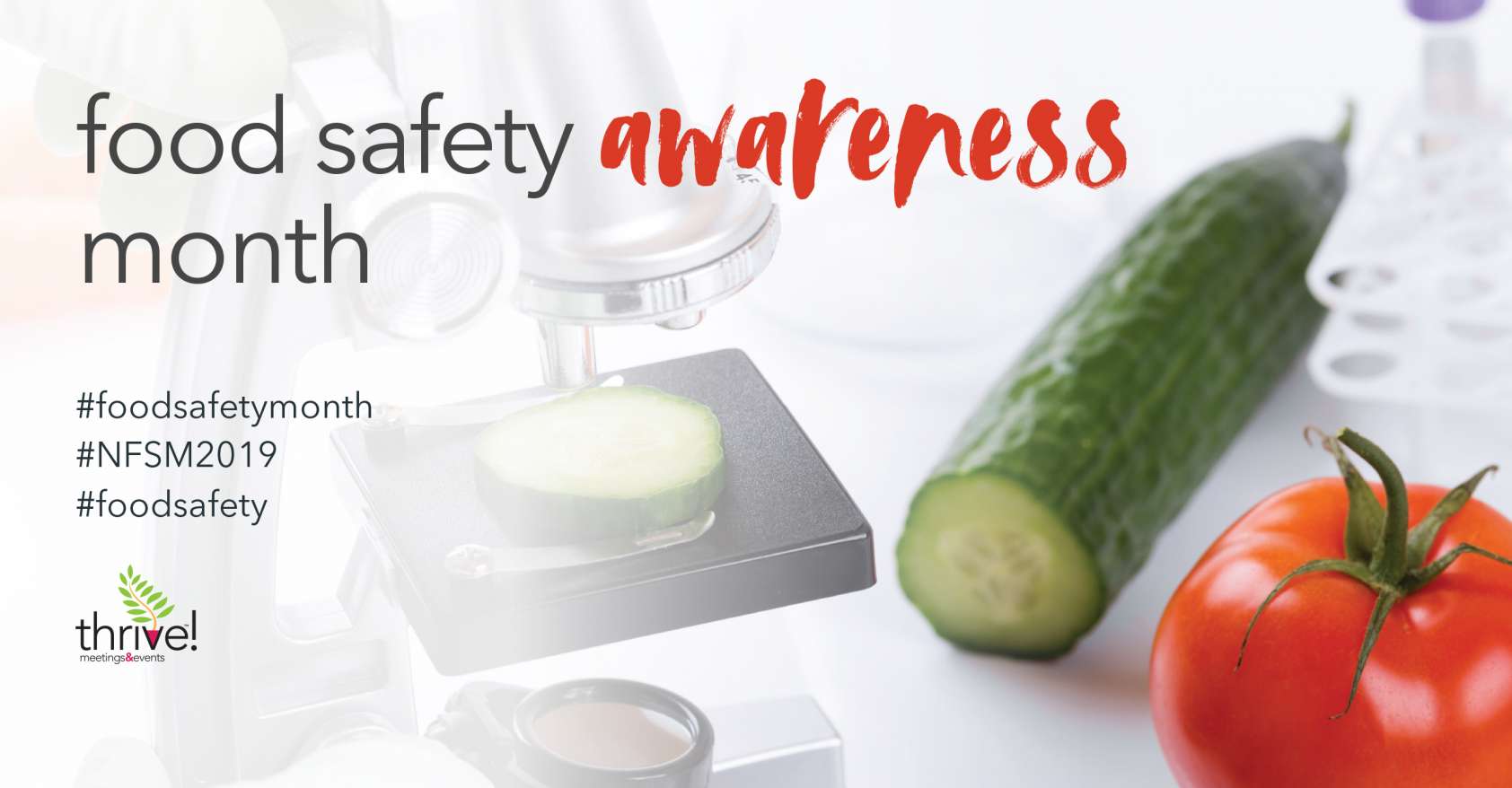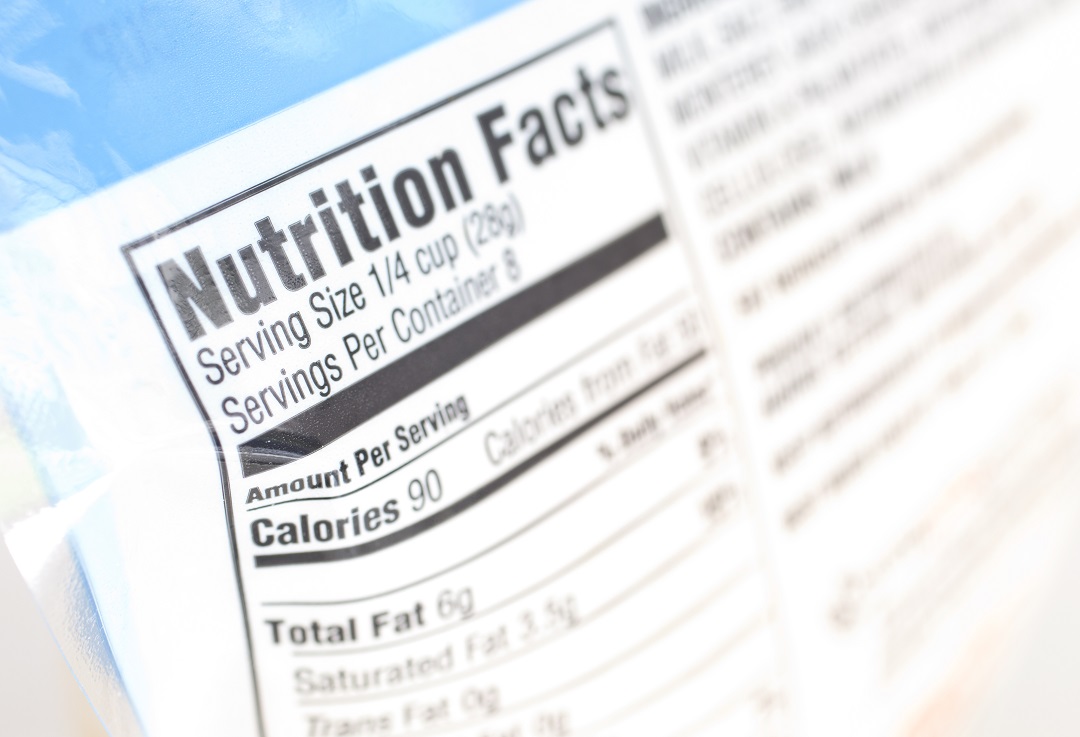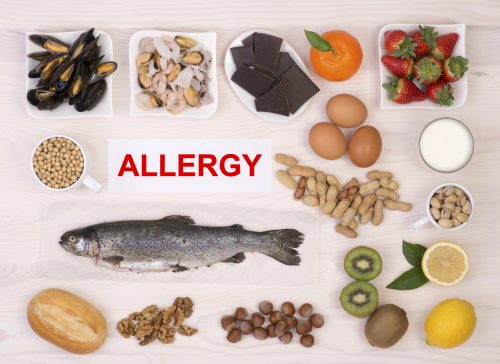Understanding Food Safety is Crucial for Controlling Risk Thinking of everything that can go wrong with an event is nearly impossible, but that is what meeting professionals try to do when we create contingency plans as a means to controlling risk associated with our events. Think about the Farmers Insurance “Hall of Claims” commercials showcasing things that have gone wrong — cement pouring into a car, hot air ballon landing on a parked car. It’s a clever campaign that highlights unique claims their customers have submitted. At the end of each commercial, the “voice of God” affirms their tagline: “We…






